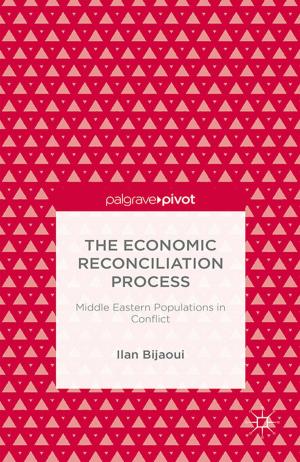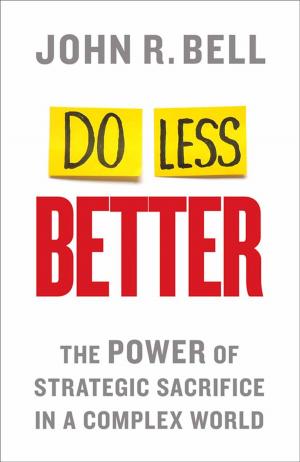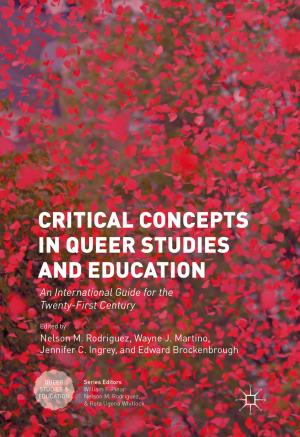Migrant Citizenship from Below
Family, Domestic Work, and Social Activism in Irregular Migration
Nonfiction, Social & Cultural Studies, Social Science, Cultural Studies, Emigration & Immigration, Sociology, Political Science| Author: | K. Shinozaki | ISBN: | 9781137410429 |
| Publisher: | Palgrave Macmillan US | Publication: | May 6, 2015 |
| Imprint: | Palgrave Macmillan | Language: | English |
| Author: | K. Shinozaki |
| ISBN: | 9781137410429 |
| Publisher: | Palgrave Macmillan US |
| Publication: | May 6, 2015 |
| Imprint: | Palgrave Macmillan |
| Language: | English |
Migrant Citizenship from Below explores the dynamic local and transnational lives of Filipina and Filipino migrant domestic workers living in Schönberg, Germany. Shinozaki examines their irregular migrant citizenship status from 'above', which is produced by complex interactions between Germany's welfare, care, and migration regimes and the Philippines' gendered politics of overseas employment. Despite the predominant representation of these workers as invisible, these spatially immobile migrants maintain sustained transnational engagements through parenting and religious practices. Shinozaki studies the reverse-gendered process of international reproductive labor migration, in which women traveled first and were later joined by men. Despite their structural vulnerability, participant observations and biographical interviews with the migrants demonstrate that they enact and negotiate migrant citizenship in the workplace, transnational households, religious practices and through accessing health provisions.
Migrant Citizenship from Below explores the dynamic local and transnational lives of Filipina and Filipino migrant domestic workers living in Schönberg, Germany. Shinozaki examines their irregular migrant citizenship status from 'above', which is produced by complex interactions between Germany's welfare, care, and migration regimes and the Philippines' gendered politics of overseas employment. Despite the predominant representation of these workers as invisible, these spatially immobile migrants maintain sustained transnational engagements through parenting and religious practices. Shinozaki studies the reverse-gendered process of international reproductive labor migration, in which women traveled first and were later joined by men. Despite their structural vulnerability, participant observations and biographical interviews with the migrants demonstrate that they enact and negotiate migrant citizenship in the workplace, transnational households, religious practices and through accessing health provisions.















